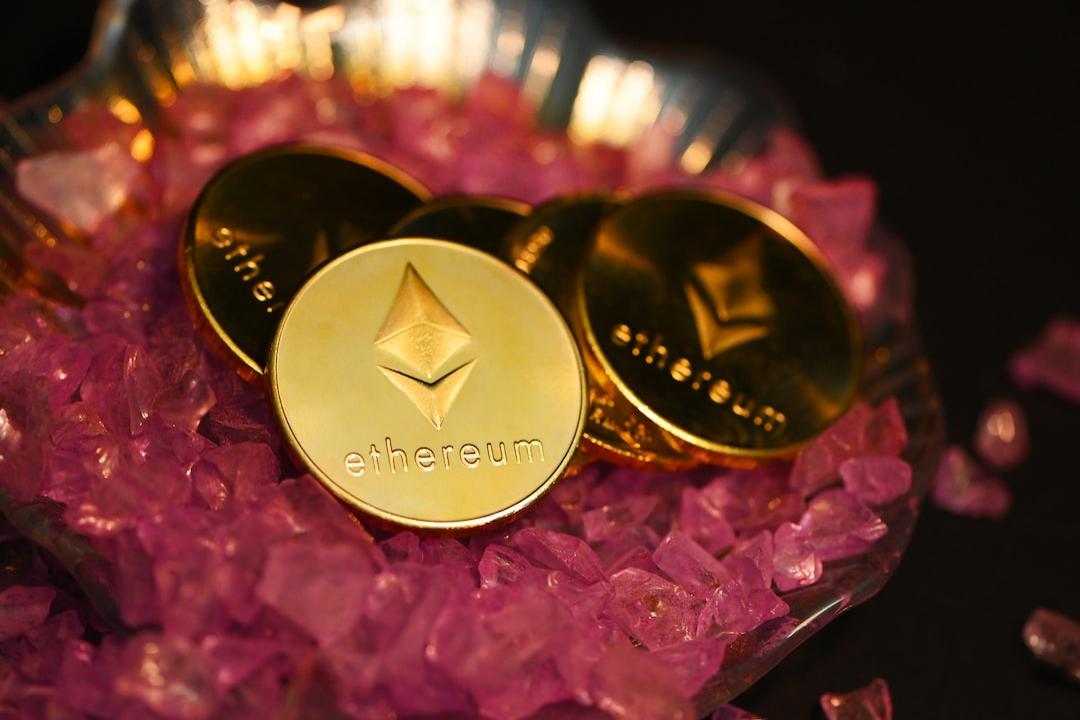In 2010, a Chinese teenager named Zhao Tong purchased Bitcoin for $10. At the age of 16, Zhao was intrigued by the concept of global digital currency and delved into the emerging world of cryptocurrency.
Tong was attracted by the potential of Bitcoin. However, acquiring BTC in 2011 was not without its challenges. The largest exchange at the time, Mt. Gox, often experienced disruptions and even suffered a swift crash shortly after his purchase, briefly dropping the price of the leading cryptocurrency to $0.01.
A self-taught programmer, Zhao Tong developed Bitcoinica in just four days. Unlike other exchanges, Bitcoinica introduced margin trading, allowing users to speculate on the future price of Bitcoin. Traders and miners could leverage up to 50 BTC immediately. Bitcoinica quickly gained popularity, trading up to $40 million monthly, becoming the second-largest exchange after Mt. Gox. Within the first two weeks, Tong earned $10,000, equivalent to around 2,000 BTC.
Despite its rapid growth, Bitcoinica faced skepticism. Critics questioned his age and experience, expressing concerns about the exchange’s security measures. Nevertheless, the platform continued to process hundreds of thousands of BTC transactions monthly.
Read more:

Sony launches cryptocurrency exchange in Japan.
By the end of 2011, Zhao sold Bitcoinica to the Wendon Group. The new owners aimed to audit the exchange, bringing in veteran developers, including ethical hacker Amir Taaki. Wendon Group made significant investments in Bitcoinica, even acquiring the domain Bitcoin.com for $1 million.
However, in March 2012, Bitcoinica was hacked, resulting in the loss of 43,000 BTC. The situation worsened with two additional attacks later that same month, leading to the theft of another 48,000 BTC. This period preceded the emergence of hardware wallets and multisig security, making the exchange vulnerable to password resets.
The hacker attacks caused turmoil among users, including substantial losses for prominent figures like Roger Ver. The specifics of the incidents remain unclear, but Tong’s reputation was significantly tarnished. The term “Zhao Tonged” emerged as a meme in the BTC community, describing investors who had been robbed and deceived.
His final move in the world of cryptocurrencies was investing 1,000 BTC in a rare Casascius physical coin, one of only three in existence, now valued at over $60 million. Afterward, Zhao Tong exited the industry.


